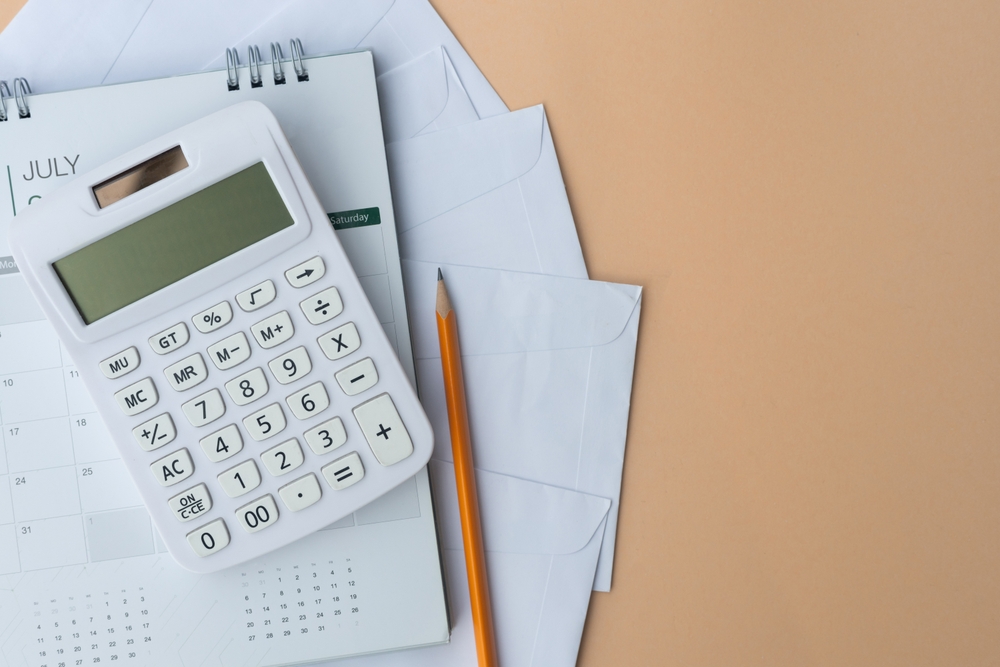Have you ever wondered if your business going bankrupt can mess up your own credit score? It’s a big worry for a lot of people running their own businesses in Canada. When times get tough and your business is in trouble, it’s normal to ask: does filing for business bankruptcy affect your personal credit?
In this blog, we’re going to clear that up. We’ll look at whether your business’s money problems can spill over into your personal finances. It’s important to know what you’re facing, right? So, whether you’re deep into your business journey or just starting out, we’ve got your back.
Key Points
- Does corporate bankruptcy affect personal credit?
- Am I liable for company debt?
- What happens if a company declares bankruptcy?
- Does dissolving a company affect your credit score?
- How long does corporate bankruptcy affect personal credit?
- Navigating business bankruptcy with Harris & Partners
Does corporate bankruptcy affect personal credit?
Corporate bankruptcy can affect personal credit but this depends upon a number of factors:
- The type of business entity used for the company.
- Any personal guarantees making you liable for debt.
- Tax liability of the business.
Am I liable for company debt?
There are situations where you are liable for company debt and, as such, where filing for business bankruptcy can affect your personal credit. These include:
Business Entity
If you operate a limited company, its financial track record will not affect your personal finances or credit score, as the liability is restricted to the business.
Personal guarantees
If you signed a personal guarantee when your company applied for a credit loan (i.e. if you said you would pay the loan back if the company couldn’t) you would be personally responsible for the repayment. In this scenario, applying for corporate bankruptcy would affect your personal credit.
Business Tax
Outstanding business tax, including sales tax, is not usually covered in a corporate bankruptcy process. This means that you would be liable for paying the tax, potentially affecting your personal credit rating.
What happens if a company declares bankruptcy?
When a company in Canada declares bankruptcy, it means it can’t pay back its debts and needs legal help to deal with it.
Here’s the basics of what happens:
- Legal Protection: The company gets protection from its creditors. This means creditors can’t sue or try to collect debts until the bankruptcy process is sorted out.
- Assets Liquidation: The company’s assets are sold off (liquidated) by a trustee. The money from this sale is used to pay back as much of the debts as possible.
- Operations May Cease: In many cases, the company stops operating. This could mean closing down for good or significantly scaling back.
- Creditors Get Paid: Creditors are paid in a specific order. Secured creditors get first dibs, followed by unsecured creditors. If there’s anything left, shareholders might get a piece, but this is rare.
- Legal Discharge: Once the process is complete, the company is discharged from its debts, meaning it’s no longer responsible for paying them off.
Does dissolving a company affect your credit score?
This is slightly different. Your personal credit rating will only be affected by company dissolution or liquidation if you are indebted to the company. In this situation, the liquidator would be required to take recovery action against you.
What happens to my debt if my company is dissolved?
If your company in Canada is dissolved, the fate of your debt depends on the company’s structure and your personal guarantees:
- Limited Liability: If your company was incorporated, it’s a separate legal entity. Debts belong to the company, not to you personally, unless you’ve signed personal guarantees.
- Sole Proprietorships and Partnerships: If your business was a sole proprietorship or a partnership without limited liability, you’re personally responsible for all business debts.
- Outstanding Debts: For dissolved corporations, any debts not covered by the liquidation of assets or personal guarantees become uncollectable and are typically written off by creditors.
How long does corporate bankruptcy affect personal credit?
While you can be released from corporate bankruptcy after 9 months, it will stay on your personal or business credit history for a minimum of 6 years, or until you’ve been discharged – whichever comes first.
Navigating business bankruptcy with Harris & Partners
Facing corporate bankruptcy is a challenging journey, filled with complex decisions and uncertainties about the future.
Whether you’re at the beginning of the corporate bankruptcy process or navigating through its stages, remember you’re not alone. Our team of Licensed Insolvency Trustees is here to guide you through each step, offering professional advice and compassionate support tailored to your unique situation.
If you’re struggling with the impact of corporate bankruptcy or concerned about how it might affect your personal credit and financial health in Canada, don’t hesitate to reach out. Our professionals are equipped with the knowledge and experience to help you explore your options, make informed decisions, and find a path forward that works for you. Contact us today to start the conversation and take the first step towards a resolution.










